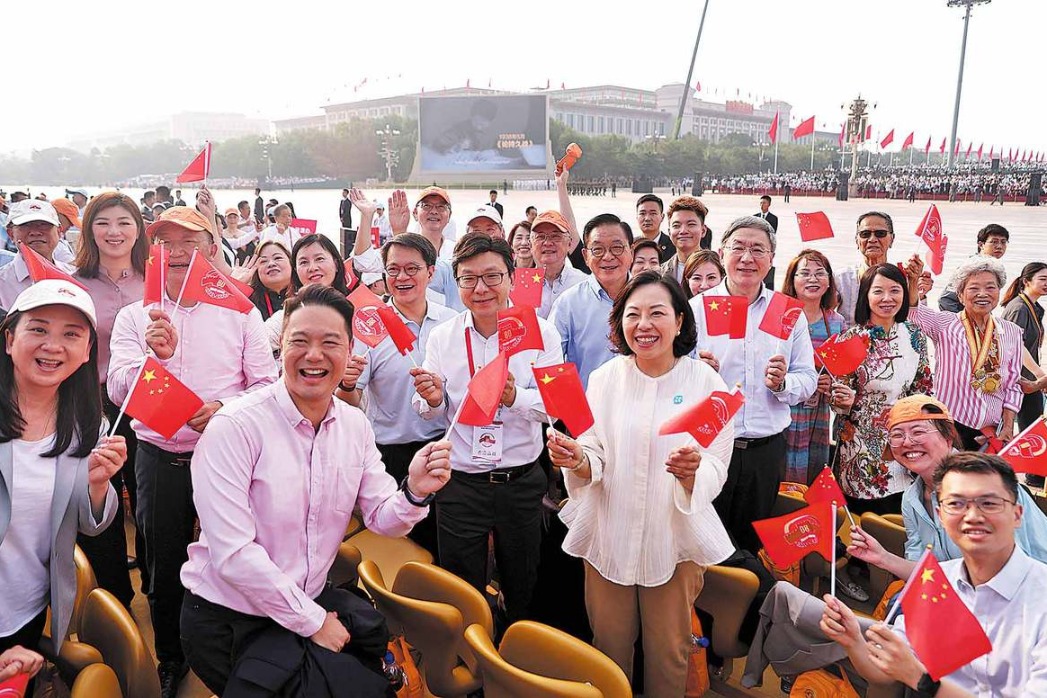Experts say 'fake meat' may not cook up a storm in China


Future tasks
According to Yun, the domestic faux-meat market is very different from that in Western countries, which has very clear selling points.
First, a boom in vegetarianism overseas has seen a large number of consumers opt for plant-based cuisine.
Second, environmentalists claim production of plant-based protein emits fewer greenhouse gases than raising livestock. This campaign is very popular abroad, encouraging numerous young people to turn to a plant-based diet.
"These are the two most important points. But it's very hard to say how many people in China will actually accept and deal with them," Yun said, adding that he is not particularly optimistic.
He added that faux-meat manufacturers urgently need to bring the taste closer to that of real meat and push prices as low as possible.
"Price is not a serious factor in Western countries because many people are willing to pay for the sake of vegetarianism and sustainable development of the planet. But how many people in China are willing to pay a higher price for fake meat over real meat remains very uncertain," he said.
Yun pointed out that even if prices could be dragged lower than those for real meat, which is technically achievable, there would be concerns that people would only try the products out of curiosity.
That perceived lack of a long-term market could see the sector becoming less attractive to investors and the food industry.
"It remains to be seen how exactly this sector will develop," he said.
- China-SCO Science-Technology Innovation Cooperation Center unveiled in Qingdao
- Taiwan people express pride after parade
- Documentary spotlights a daring World War II rescue operation in Hainan
- Buddhist body backs Shaolin Temple's former abbot's investigation
- Mainland rebukes Lai for inciting division, glorifying aggression
- AI-animated film promotes China's ecological conservation model to the world





































